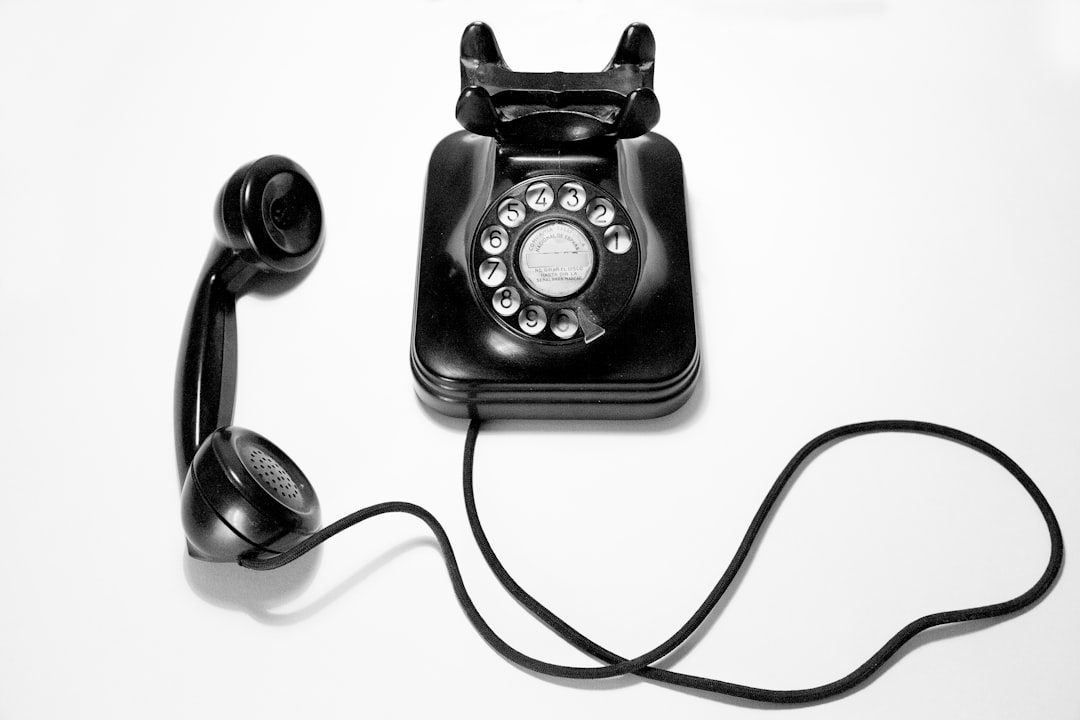In Illinois, the Telephone Consumer Protection Act (TCPA) restricts automated or prerecorded telemarketing and debt collection calls. Residents can refuse these calls without consent and file complaints with the Illinois Attorney General's Office or specialized unwanted call law firms in Illinois. To pursue a claim, gather detailed data about unwanted calls, document interactions, and file a formal complaint with the state's consumer protection agency. The regulatory body will review the case, potentially contacting the caller to stop the behavior and imposing fines. Continuous communication with the agency is essential throughout this process.
Tired of persistent and unwanted phone calls? You’re not alone. In Illinois, there’s a strong legal framework in place to combat this nuisance. This article guides you through the process of filing a complaint about unsolicited calls, empowering you to take action. We’ll outline Illinois’ specific laws, provide step-by-step instructions for an effective complaint, and share what to anticipate post-submission. Discover your rights and connect with reputable unwanted call law firms in Illinois to regain control over your communications.
Understanding Illinois' Unwanted Call Laws

In Illinois, there are strict regulations in place to protect residents from unwanted calls, particularly those related to telemarketing and debt collection. The Illinois Unwanted Call Law, also known as the Telephone Consumer Protection Act (TCPA), prohibits certain types of automated or prerecorded calls to consumers without their prior express consent. This law extends to both live operators and recorded messages, ensuring that businesses must obtain explicit permission before making such calls.
If you have received unwanted calls in Illinois, understanding your rights under this legislation is crucial. Victims can file complaints with the Illinois Attorney General’s Office, which actively prosecutes violations of the Unwanted Call Law. Additionally, many law firms specialize in representing clients affected by unwanted telemarketing or debt collection calls, offering guidance and legal recourse to ensure compliance with Illinois’ unwanted call laws.
Steps to File a Complaint Effectively

When filing a complaint about unwanted calls, it’s crucial to follow a structured approach. Firstly, gather all relevant information such as the caller’s ID, date, and time of each call, along with any messages left. This detail is essential for Illinois’ unwanted call law firms to investigate and take appropriate action. Next, determine if the calls violate any specific laws, like the Telephone Consumer Protection Act (TCPA).
Document every interaction, including any threats or harassment. Note down the name of the company or individual making the calls if possible. Once prepared, contact your state’s consumer protection agency to file a formal complaint. They’ll guide you through the process and ensure your report is filed effectively, potentially leading to legal action against the offending unwanted call law firms.
What to Expect After Filing Your Complaint

After filing a complaint about unwanted calls with an Illinois consumer protection agency or through a relevant unwanted call law firms in Illinois, it’s important to know what to expect next. Typically, the process involves several key steps. First, your complaint will be reviewed by the appropriate regulatory body, which could be the Illinois Attorney General’s Office or a local consumer protection agency. They will assess the validity and merit of your claim based on the information provided. If your complaint is deemed valid, they may take various actions to resolve the issue.
The resolution process can vary but often includes contacting the offending party, known as the caller, to inform them of the complaint and request that they cease and desist from making unwanted calls. In some cases, if the caller is a business or an individual violating the state’s unwanted call laws, the agency may issue fines or take legal action against them. You should remain in communication with the regulatory body throughout this process to provide any additional information or updates as requested. This proactive approach helps ensure that unwanted callers are held accountable and reduces the frequency of such distressing calls.






